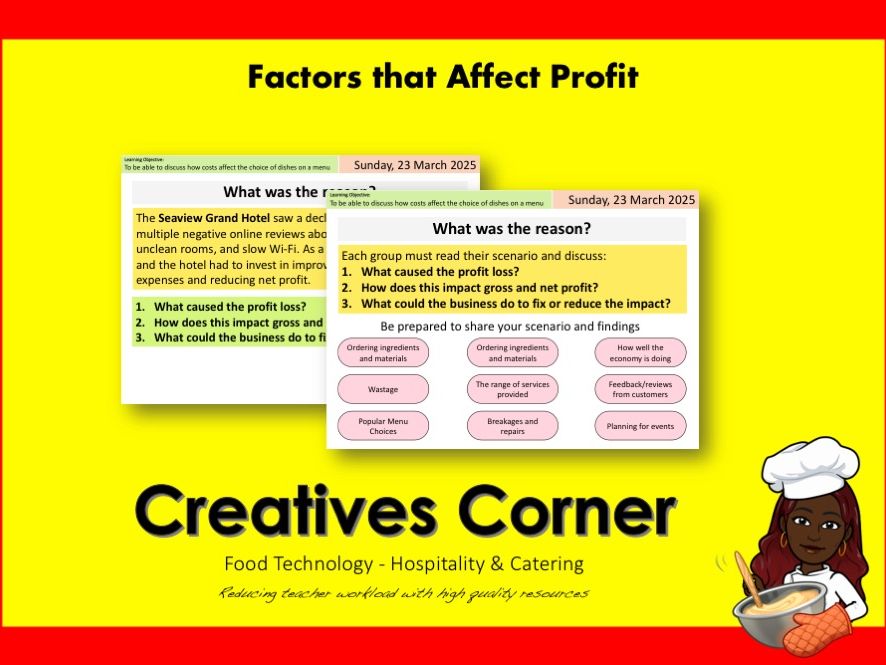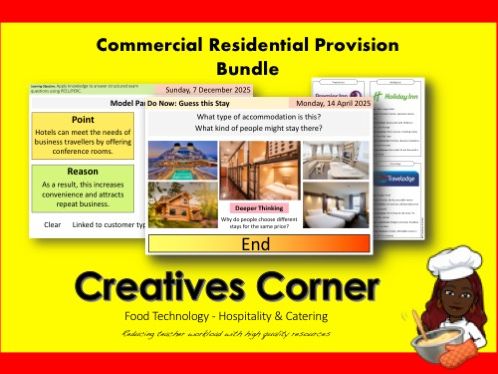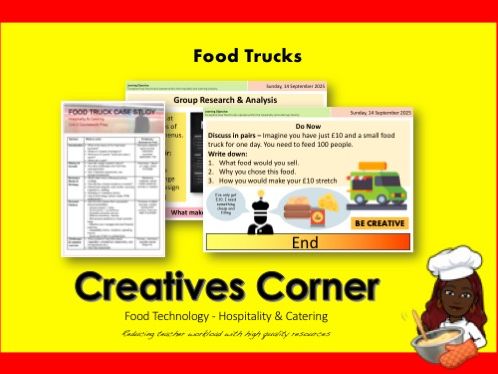Creatives Corner
Creatives Corner aims to produce lessons and activities that are fun, engaging and inclusive. To show a committment in supporting teachers to achieve the ideal work-life balance, we also provide a range of free and paid for resources that will help support heads of department and teachers with administrative tasks, such as planning and marking.
























